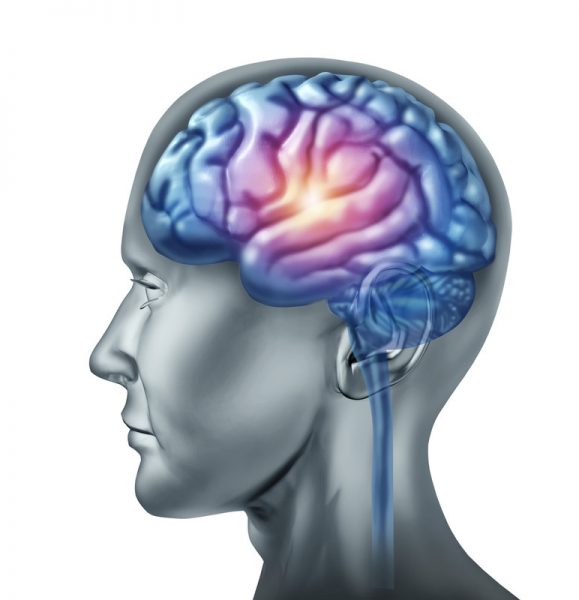Eggs have gotten a bad rap over the last few decades. Deemed bad for the heart by health experts, they have been the subjects of criticism and scrutiny.
But are our white (sometimes brown) friends really that unhealthy for us?
New research indicates that you can safely eat a dozen eggs a week—or possibly more—without increasing your risk of heart disease. Like butter and red meat, eggs are high in dietary cholesterol, and for decades many physicians advised patients to cut back on such foods to keep their heart healthy.
To test the health effect of eggs, researchers at the University of Sydney put 128 people with prediabetes or type 2 diabetes—a major risk factor for cardiovascular disease—on two different diets for a year. One group ate 12 eggs a week and the other ate two eggs or fewer a week. At the end of the study, the researchers found no adverse changes in cardiovascular risk factors in either group, including in blood pressure, weight, and cholesterol and blood-sugar levels, MedicalDaily.com reports.
“Our research indicates people do not need to hold back from eating eggs,” study author Nick Fuller says, “if this is part of a healthy diet.”
In the last few years, numerous health organizations have been vindicating eggs’ reputation.
Let’s explore some facts about eggs.
Few foods provide as many essential vitamins and minerals per calorie as an egg at about 70 calories each. Eggs help you lose weight by curbing hunger and they help build lean muscle as well. Plus, eggs are cheap and couldn’t be easier to cook. A dozen eggs provides 72 grams of protein for about $1.69. At that rate you can even go organic and have an extremely inexpensive meal.
What more could you ask for in a nearly perfect food?
Eggs and the Cholesterol Myth
The notion that eggs are bad for your heart has been debunked. According to the USDA, an egg averages 185 mg of cholesterol. An egg a day keeps you well within the 300 mg cholesterol limit recommended by dietary guidelines. In fact, a 2008 study in the European Journal of Nutrition found that dieters who ate two eggs a day had no increase in LDL (bad) cholesterol levels after three months. Eggs are also one of the richest sources of choline available, a nutrient essential to brain function. But that’s not all. Eggs contain lutein and zeaxanthin, antioxidants to keep your eyes healthy and other vital nutrients including folate, riboflavin, selenium and vitamin B12. One egg also gives you 10 percent of the hard to come-by vitamin D you need to lower the risk of many chronic diseases.
Eggs and Weight Loss
When it comes to weight loss, eggs are a great metabolism booster. There isn’t a richer source of high-quality protein than eggs to boost your metabolism and help your body burn fat even at rest. Eggs also help you feel full longer. A 2008 study in the International Journal of Obesity found that overweight adults who ate two eggs for breakfast as part of a low-calorie diet ate less later in the day compared with those who ate the same number of calories with a bagel. After eight weeks, the egg eaters lost 65 percent more weight and reduced their waistlines by 34 percent more than the bagel eaters.
Eggs and Lean Muscle
Not only do eggs help you lose weight and keep it off, they help build lean muscle. Eggs are one of those rare foods that contain all nine essential amino acids, making them one of the best protein sources to support muscle growth. The yolk is also packed with vitamin B12, the nutrient required to break down fat and contract muscles. The high-quality, low-fat protein in eggs can help active adults get stronger and prevent muscle loss in older adults.
More benefits brought to you by the amazing egg:
- Eggs lower the risk of heart disease
- Eggs keep your eyes healthy
- Eggs reduce the risk of Osteoporosis.
- In many cases, eggs lower the risk of cancer as well
- Eggs also boost your immune system
If you have been afraid to incorporate eggs into your healthy eating program, give them a try. You’ll be glad you did.


